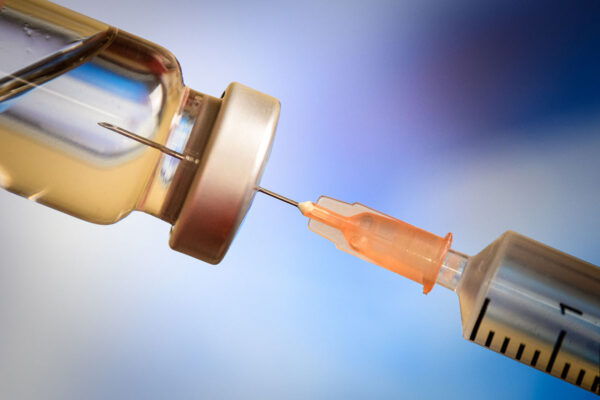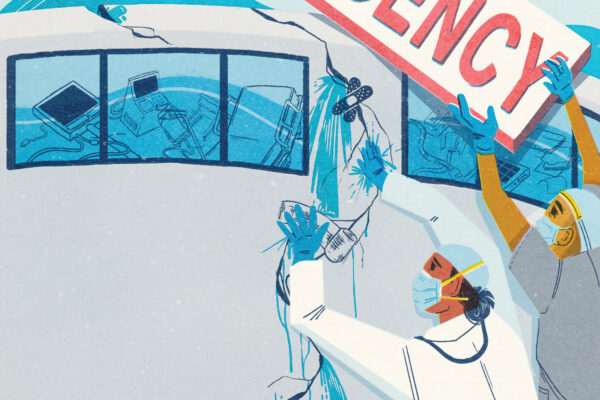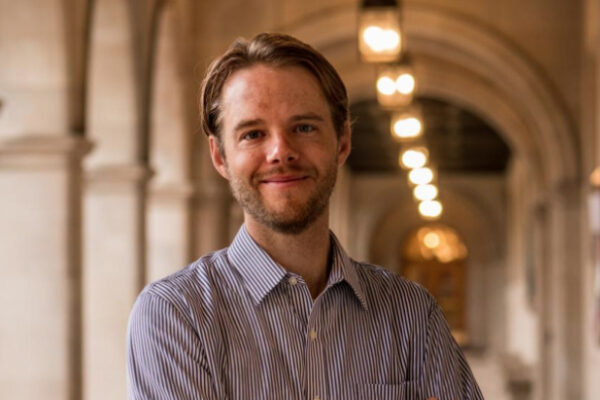iHeard St. Louis, a program run by the Health Communication Research Laboratory (HCRL) at the Brown School at Washington University in St. Louis, is expanding its health misinformation response system to four new states plus Washington, D.C.

iHeard St. Louis started during the COVID-19 pandemic to help correct inaccurate information about prevention, vaccination and treatment of the disease. It has since grown to tackle health information in general, including by providing accurate information that is important for the public to know.
Each week, the program surveys a panel of 200 local St. Louis residents asking what they have heard, seen or read about COVID-19 or other health-related information in the last seven days and sharing accurate health information in return. Weekly response rates have ranged from 90% to 100%.
The project is a partnership among the City of St. Louis Department of Health, the St. Louis County Department of Public Health, the St. Louis COVID-19 Regional Response Team and the HCRL. It is supported by the National Institutes of Health (NIH)’s Community Engagement Alliance.
New local iHeard systems will launch in June in Colorado, Maryland, Nebraska, Virginia and Washington, D.C.
The team has gleaned valuable information from the survey results, leading to increased interest from other areas in the country.
“As we have talked about iHeard STL in national presentations and webinars, leaders in other communities have liked the approach and expressed interested in joining,” said Matthew Kreuter, Washington University’s Kahn Family Professor of Public Health and senior scientist at the HCRL. “NIH is supporting some of that expansion, and others are doing so with their own funding.
“When St. Louisans hear inaccurate health information, it’s more likely to come from friends, family members and social media,” Kreuter said. “When they hear accurate health information, it’s more likely to come from news media. When we prepare and distribute accurate information to counter the false claims, we can then caution against certain sources that have been unreliable.
“We’ve also found that generally speaking, older adults are more likely to report hearing inaccurate health information. And local health issues — such as traffic safety, radioactive contamination in a school and flooding — are more likely to be heard by St. Louisans than many national issues,” he said. “This helps us prioritize which information threats to address and which members of the community to focus on.”
Many survey respondents report hearing about the mental health crisis among teenagers. “We’ve been tracking this ever since the CDC issued its alarming report finding record levels of sadness and suicidal thoughts in teen girls,” Kreuter said. “Over 40% of St. Louisans heard about the initial report when it came out, and two months later 1 in 4 St. Louisans are still hearing about teen mental health every week. This tells us that community conversations about teen mental health are common, suggesting high interest and concern and a potential need for information and resources.”


